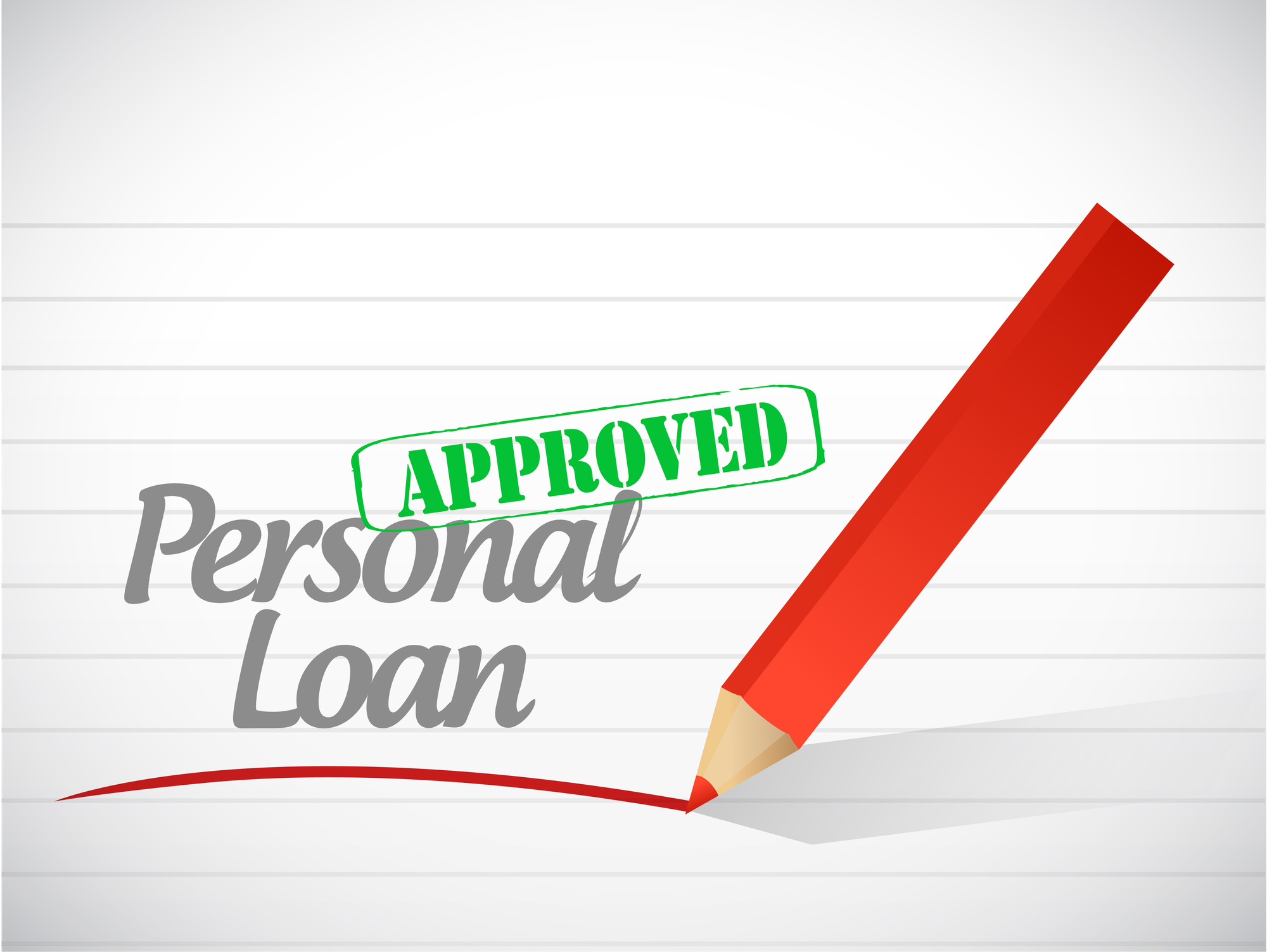29% of Americans have more credit card debt than they do emergency savings.
Given the current financial situation in the United States, this number is only going to increase. Many Americans have found themselves out of work and facing unexpected medical bills as a result of COVID-19.
For those already in debt, the additional expenses are financially devastating.
There has never been a better time to consider taking out a personal loan. Loans are being offered for businesses and individuals who need help fast.
Keep reading to learn more about personal loan requirements and how a personal loan could improve your financial outlook.
How Do Personal Loans Work?
Personal loans are a form of credit similar to a credit card, an auto loan, or a mortgage. Taking out a personal loan can help you reach your goals by financing your purchase.
With a personal loan, like other types of credit, you’ll make repayments in small monthly payments. This type of financing can help you make large purchases that you couldn’t afford to buy in one lump sum.
You can also use personal loans to consolidate other debts with high interest rates. Personal loans usually have lower interest rates than credit cards. If you have debt in the form of multiple credit cards, consolidating into a personal loan can save you money in interest and make your monthly payments more manageable.
As is the case with any type of credit, you should do your research and think carefully before taking out a loan. Although personal loans can be a great tool to reach your financial goals, taking out a loan is always a financial risk.
You have to be sure that you can make the payments you agree to. You’ll also want to consider the pros and cons of each credit option for your particular situation.
Now, let’s take a look at some of the terms and concepts associated with personal loans to help you better understand how they work.
Personal Loans 101
Personal loans are different from other types of loans like auto and mortgage loans because you have more flexibility with how you use the money.
When you apply for a personal loan, you’ll ask to borrow a specific amount of money from a lender. Your lender might be a bank or a credit union.
With personal loans, you can use the funding for pretty much anything you want. For example, you could choose to pay off medical bills, pursue higher education, purchase expensive household appliances, or even consolidate your other debt.
While you can also use credit cards to fund these types of expenses, repayment terms for credit cards look very different from personal loans. When you take out a personal loan, you agree to repay the debt in fixed installments over a specified period of time.
Usually, these are monthly payments. You’ll make this payment each month until the debt has been repaid.
This monthly payment will include payment towards the initial amount you borrowed as well as interest. Here are some common personal loan terms you should know before applying for a loan:
Principal
This is the amount of money that you borrow. When you apply for a personal loan, you will apply for a principal amount.
How much interest you will pay depends on the principal amount of the loan. As you pay off your loan, the principal amount remaining will decrease.
Term
This is the length of time that you will have to repay your loan.
Interest
The lender charges interest as a fee for allowing you to use their money. Interest is described as a percentage of the loan.
Your monthly payment will include a monthly interest charge that is a portion of the total interest you’ll pay over the lifetime of the loan.
APR
The annual percentage rate, or APR, is the actual cost of your loan. Most lenders charge fees in addition to interest.
Your APR will include both of these costs. You can use APRs to compare the costs of different personal loans.
Personal Loan Requirements
Are you wondering whether you would qualify for a personal loan?
When you apply for a personal loan, potential lenders will review your credit report and analyze your credit score. If you have better credit, you will be offered better interest rates and loan terms.
Lenders will also consider your debt to income ratio. This figure includes the amount you owe on various debts and expenses each month and the amount you earn.
Personal loans are unsecured, meaning you don’t have to put up collateral like you would with an auto loan or mortgage. This means that your loan is backed by your credit history and credit score.
In some cases, lenders might offer secured personal loans. While these loans require some form of collateral, you might be able to secure a better interest rate.
Are You Considering Applying for a Personal Loan?
Personal loans can be a great way to get out of financial trouble or just fund a necessary living expense.
Specific personal loan requirements are different for each lender. Before signing any paperwork, it’s important to look around for the best option for your unique financial situation.
If you are looking to consolidate your debt into a personal loan, we are here to help. We offer various debt solutions, including personal loans.
We can help you make the best choice when it comes to consolidating your debt and getting a new lease on life. Click here to get started and see your offers today.




